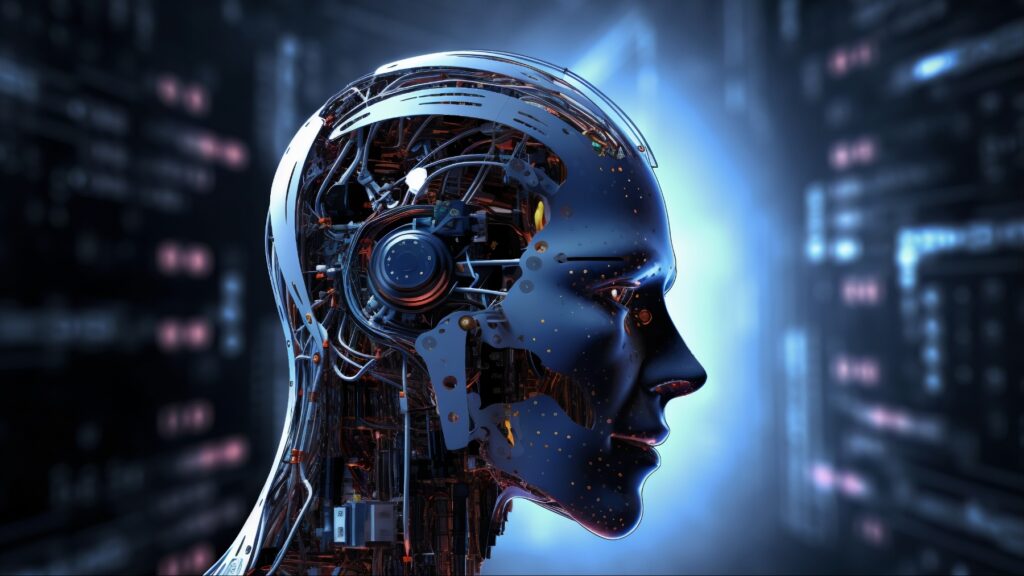AI agents are rapidly transforming how businesses, developers, and individuals interact with technology. From intelligent chatbots to autonomous vehicles, these agents use artificial intelligence to perceive their environment, make decisions, and take actions to achieve specific goals. In this article, we explore the different types of agents, how they work, and their impact across various industries.
What Are AI Agents?
An AI agent is a software entity that uses artificial intelligence to sense its environment, process data, and act upon it. These agents are designed to operate autonomously or semi-autonomously to complete tasks without constant human intervention.
AI agents are at the core of many modern technologies, including recommendation systems, self-driving cars, personal digital assistants, and intelligent automation tools. With advancements in machine learning, natural language processing, and robotics, the capabilities of agents have grown exponentially.

Types of AI Agents
There are several categories of AI agents, each with different levels of complexity and intelligence. Below are the main types:
1. Simple Reflex Agents
These are the most basic type of AI agents. They operate solely based on the current percept, ignoring the rest of the percept history. A simple reflex agent uses condition-action rules, meaning it responds to specific inputs with predefined actions.
Examples:
- Basic thermostat systems
- Motion-sensor lights
2. Model-Based Reflex Agents
These agents maintain an internal model of the world, allowing them to respond based on both current perceptions and past experiences. This model helps them handle partially observable environments.
Examples:
- Advanced home automation systems
- Game AI with memory of past moves
3. Goal-Based Agents
Goal-based agents go beyond reacting—they make decisions based on a desired outcome or objective. These AI agents use search and planning algorithms to determine the best course of action to achieve their goals.
Examples:
- Route-finding apps like Google Maps
- Strategic AI in video games
4. Utility-Based Agents
These agents take goal-based behavior a step further by evaluating multiple outcomes and selecting the one with the highest utility (or perceived benefit). They are often used where trade-offs must be made between competing goals.
Examples:
- Personalized recommendation engines
- Financial trading bots
5. Learning Agents
Learning agents improve over time by learning from past experiences. They have four main components: a learning element, a performance element, a critic, and a problem generator. These agents are foundational to machine learning systems.
Examples:
- Self-driving cars
- Adaptive language models
Applications of AI Agents
The use of agents is widespread across numerous sectors. Here’s how different industries leverage them:
- Healthcare: Diagnostic agents, patient monitoring systems, virtual health assistants
- Finance: Fraud detection, robo-advisors, algorithmic trading
- Retail: Customer service chatbots, inventory management, personalized recommendations
- Transportation: Autonomous vehicles, smart traffic control
- Marketing: Predictive analytics, lead scoring, sentiment analysis
Benefits of AI Agents
Agents offer a range of benefits that make them indispensable in today’s digital ecosystem:
- Automation of repetitive tasks
- 24/7 availability for customer service
- Data-driven decision-making
- Scalability across global operations
- Personalization for improved user experiences
Future of AI Agents
The future of AI agents looks promising as technologies like generative AI, multi-modal learning, and quantum computing evolve. We can expect agents to become even more context-aware, emotionally intelligent, and collaborative—working seamlessly with humans in hybrid teams.
Whether it’s automating workflows, enhancing decision-making, or improving customer engagement, AI agents will continue to be a central force in driving digital transformation.
Conclusion
AI agents are not just a technological trend—they’re a foundational component of modern AI systems. Understanding the different types of agents and their applications can help businesses and individuals better harness their power. As adoption grows, staying informed about agents will be key to staying competitive in the digital age.